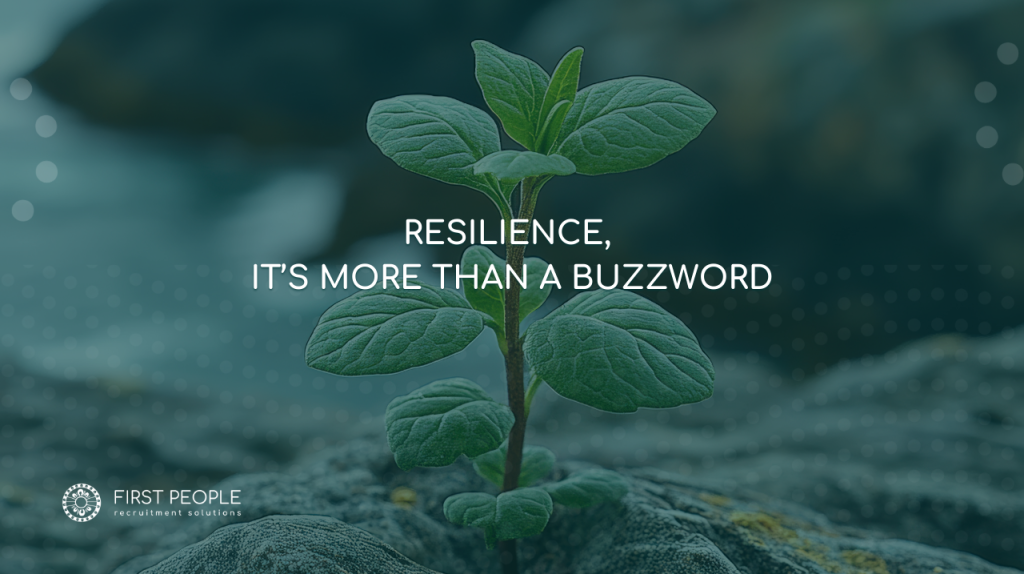You’ve probably heard it before: soft skills matter. And they do. Communication, time management, adaptability—these are the qualities that help teams function and cultures thrive. But here’s what many job seekers aren’t told: soft skills alone won’t land the job.
Standing out requires more than saying you’re a “team player” or a “great communicator.” It requires showing it—in the way you apply, in how you follow up, and in the intentional way you tailor your story to match the job.
This isn’t about being performative. It’s about being strategic. When systems are built without our stories in mind, we don’t just need to be qualified—we need to be clear, bold, and proactive in how we present ourselves.
Here’s how to shift from describing soft skills to actually demonstrating them.
- Drop the buzzwords – match the brief instead
Writing “attention to detail” on your resume won’t turn heads. Showing that you’ve read the job description—and mirrored it in your application—will.
That means customising each resume. It means making sure your language aligns with theirs. If the ad says they want someone to “streamline systems,” talk about the system you improved. If they’re seeking someone “comfortable in fast-paced environments,” give an example that proves you’ve been there and handled it. Tailoring isn’t extra work—it’s the work that gets you noticed. - Don’t just say you’re proactive – be proactive
The strongest candidates often do something most job seekers avoid: they reach out. Whether it’s finding the hiring manager on LinkedIn or sending a short, respectful email after submitting an application, direct contact shows initiative.
It doesn’t have to be polished or perfect. A brief message expressing interest and referencing the job can make a lasting impression. And for culturally diverse professionals, this outreach can also be a way to bring your voice and identity into a space where you might otherwise be overlooked. - Communication isn’t what you say – it’s what they hear
Writing that you’re an “excellent communicator” won’t stand out. Demonstrating it by how you communicate through your application will.
Follow instructions. Keep your resume clean and clear. Avoid jargon that clouds your message. Better yet—if a phone number is listed, consider calling. Yes, it’s intimidating. Yes, few people do it. But the few who do often stand out.
When done respectfully, a short inquiry call shows confidence, clarity, and courage—exactly the qualities hiring teams look for. - Prove it, don’t just claim it
Your resume is more than a list – it’s evidence. It’s your chance to prove how you’ve added value in real ways.
If you led a project, what changed because of your leadership? If you managed a team, what did you achieve together? If you’re proud of your problem-solving, what’s an example where that made a difference?
Soft skills are often invisible – but their outcomes aren’t. Tell the story behind the skill. That’s what sticks.
For job seekers moving through systems that weren’t made to celebrate our ways of working, this advice isn’t just about getting hired. It’s about reclaiming our space in those systems with strategy, clarity, and strength.
Because the truth is, your work ethic, adaptability, and cultural intelligence are already powerful assets. But in a crowded field, the most grounded approach is to show, not tell.
Let your actions speak louder than your bullet points.



